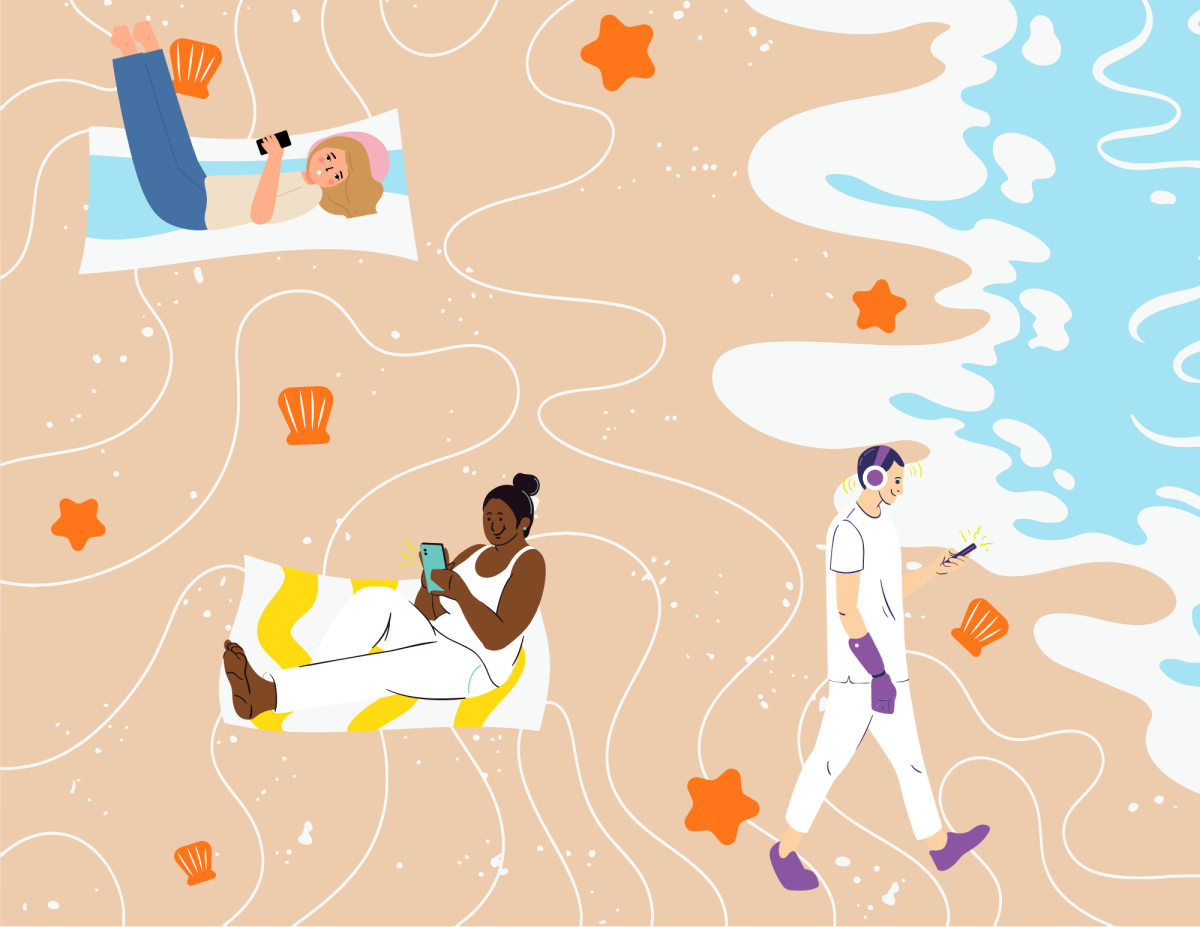Gen Z is the first generation to grow up with social media and the last to experience life without it. It has become a significant aspect of many people’s daily lives, bringing both benefits and notable drawbacks.
Research has shown that it may not benefit us mentally, the government and large corporations are beginning to regulate social media for teens.
This includes the introduction of Instagram safety features. Instagram now restricts users aged 16 and under from having public accounts. The platform has implemented time limits and sleep reminders to encourage healthier app usage.
This move represents a significant step toward accountability, creating a safer environment for teenagers. While Instagram may lose some young followers to apps with fewer restrictions, they are making the right choice for the well-being of their users.
At 19, I grew up alongside social media and witnessed it evolve over the years, particularly with TikTok. In my junior year of high school, I decided to delete the app because it felt overwhelming and consuming.
I would sit down for what I thought would be 5 minutes and it would turn into an hour or more. I realized I didn’t want to spend my finite time “doom scrolling.”
Many of the things I liked doing in my free time, calling friends, reading, and writing, were put on the back burner because going on my phone was so much easier, and an instant dopamine hit. Once I realized I started spending more time on my phone than doing things that made me happy, I deleted the app.
After a long day at school or work, it’s so tempting to come home and scroll through social media. When you’re mentally drained, these platforms offer an easy escape. Your phone is most likely already in your hand ready to deliver instant entertainment with minimal effort.
Aside from the drawbacks, I think that these platforms offer many great benefits, including staying in contact with relatives and friends, making money through advertising, and accessing useful information from content creators.
However, there needs to be a balance between social media use and engaging in real-life interactions and activities that contribute to our overall well-being.
By prioritizing this balance, we can fully enjoy the advantages of social media while maintaining deeper connections and richer experiences in our offline lives.






